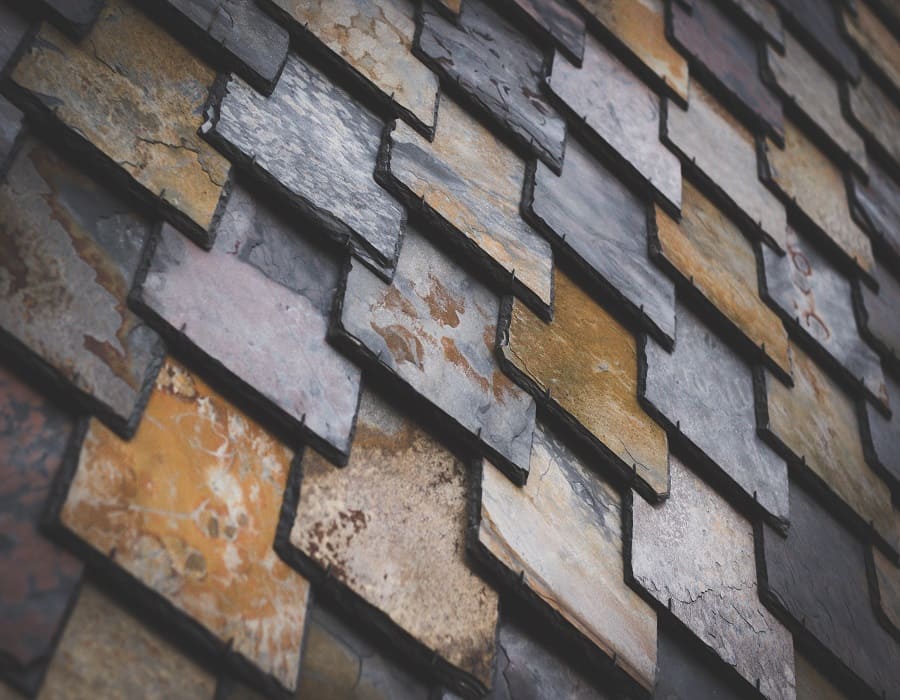Gutters play a crucial role in protecting your home from water damage by channeling rainwater away from the roof and foundation. However, like any exterior component of a house, gutters have a finite lifespan. To maximize the benefits of a metal roof, it’s crucial to pair it with an efficient gutter system In this comprehensive guide, we will explore various factors influencing the longevity of gutters, how long do gutters last and essential maintenance practices to extend their lifespan.
How long to gutters last?
Factors Influencing Gutter Lifespan. Here are some factors influencing the lifespan of gutters;
-
Material Matters:
The material of your gutters significantly impacts their lifespan. Common gutter materials include aluminum, steel, vinyl, and copper. Each material has its pros and cons, and understanding these can help you make an informed decision based on your preferences and budget.
-
Climate Considerations:
The climate in which you live plays a crucial role in how long your gutters will last. Areas with heavy rainfall, extreme temperature fluctuations, or high humidity levels may experience faster gutter deterioration. Choosing gutters that can withstand your local climate is essential for longevity.
-
Installation Quality:
The skill and precision with which gutters are installed contribute to their overall lifespan. Poor installation, such as inadequate pitch or improper spacing of hangers, can lead to sagging, leaking, and reduced effectiveness.
-
Regular Maintenance:
Neglecting gutter maintenance can significantly reduce their lifespan. Regular cleaning to remove leaves, debris, and sediment prevents clogs that can lead to water overflow and damage. Inspecting and addressing issues promptly can extend the life of your gutters. How long are gutters last described below with different materials;
-
Aluminum Gutters:
Aluminum gutters are a popular choice due to their affordability and resistance to rust. With proper maintenance, aluminum gutters can last around 20 years, making them a durable and cost-effective option.
-
Steel Gutters:
Steel gutters, often galvanized or coated with zinc, are known for their strength. They can last 25-50 years, depending on the coating and the level of maintenance. However, they are susceptible to rust over time.
-
Vinyl Gutters:
Vinyl gutters are lightweight and resistant to corrosion. While they are more affordable, they have a shorter lifespan of around 10-20 years. Exposure to extreme temperatures can cause vinyl to become brittle and crack.
-
Copper Gutters:
Copper gutters are prized for their aesthetic appeal and resistance to corrosion. While they are one of the more expensive options, copper gutters can last 50 years or more with proper care. Over time, they develop a distinct patina, adding character to your home. Signs of Gutter Wear and When to Consider Replacement: After knowing how long should gutters last, choosing another replacement at a right time is important? Here are some signs of replacing it;
-
Visible Damage:
Inspect your gutters regularly for visible signs of damage, such as rust, corrosion, or sagging sections. These issues can compromise the functionality of the gutters and may indicate the need for replacement.
-
Frequent Leaks:
If you find that your gutters are frequently leaking, even after repairs, it might be a sign that they have reached the end of their lifespan. Persistent leaks can lead to water damage to your home’s exterior and foundation.
-
Sagging or Pulling Away:
Gutters that sag or pull away from the fascia suggest structural issues. This could be a result of poor installation, deteriorating hangers, or the gutters being unable to handle the volume of water they are meant to channel.
-
Excessive Rust:
Rust is a common issue with metal gutters. If you notice extensive rust, especially on steel gutters, it’s an indication that the protective coating has worn off, and the gutters may need replacement. Tips for Extending Gutter Lifespan
-
Regular Cleaning:
Clean gutters at least twice a year to remove leaves, debris, and prevent clogs. Consider more frequent cleaning if your property is surrounded by trees.
-
Prompt Repairs:
Address any issues, such as leaks, rust, or loose components, promptly. Ignoring small problems can lead to more significant issues and compromise the overall functionality of your gutters.
-
Install Gutter Guards:
Gutter guards can be a valuable investment in preventing debris buildup. They reduce the frequency of cleaning and extend the lifespan of your gutters.
-
Professional Inspection:
Schedule regular professional inspections to identify potential problems early. Professionals can assess the condition of your gutters and recommend necessary repairs or replacements.
Conclusion
In conclusion, how long do gutters last? The lifespan of gutters depends on various factors, including the material, climate, installation quality, and maintenance practices. Understanding these factors and taking proactive measures can significantly extend the life of your gutters, protecting your home from potential water damage.Regular inspections, cleaning, and timely repairs are essential components of a comprehensive gutter maintenance strategy that will help you get the most out of this crucial component of your home’s exterior.

